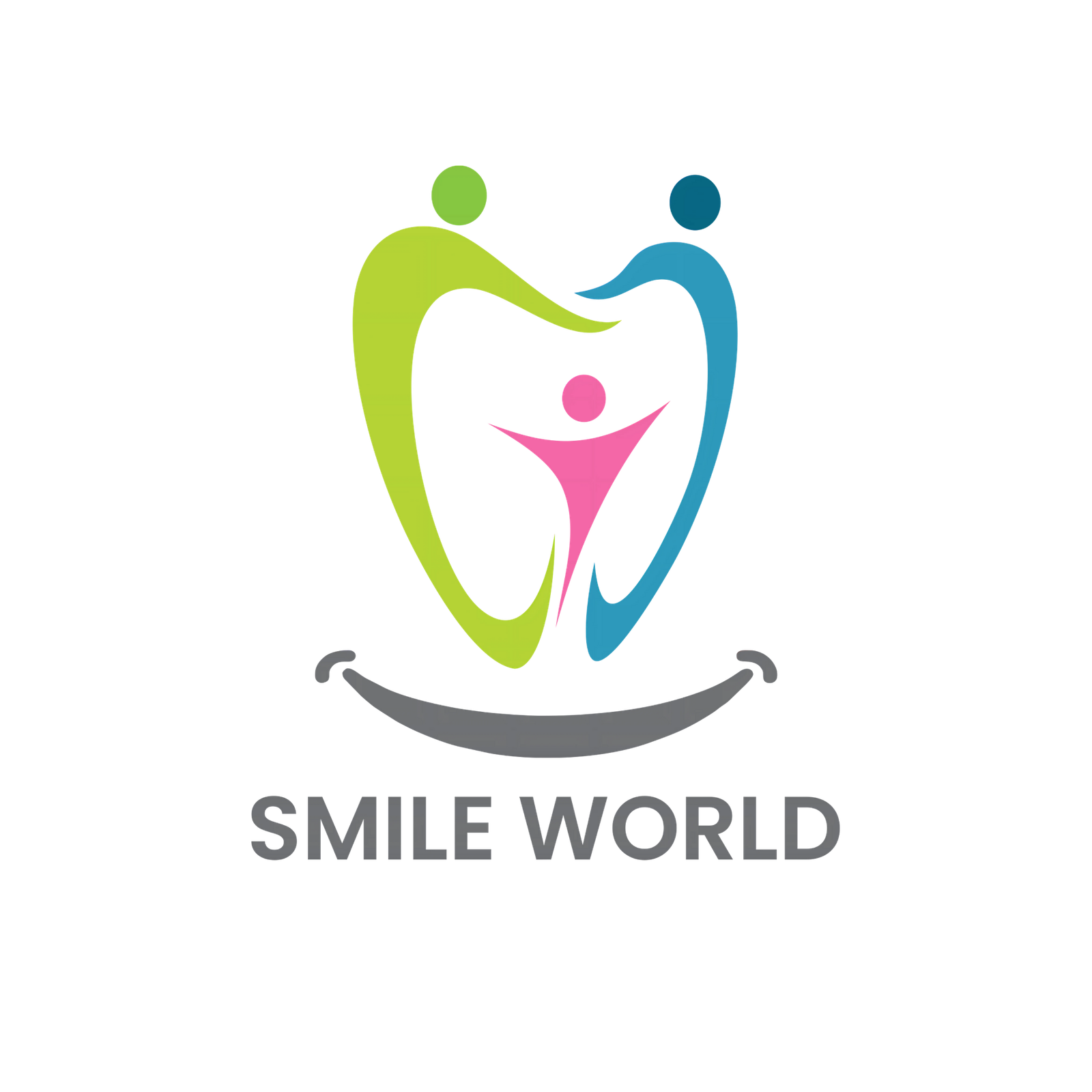Common Dental Myths Debunked: Truths You Should Know

Maintaining good oral health is essential for overall well-being. However, numerous dental myths and misconceptions about dental care can lead individuals astray, resulting in poor oral hygiene practices. In this article, we aim to debunk some of the most prevalent oral health myths, providing you with accurate information to ensure your dental health remains in top condition.
Myth 1: Brushing Harder Cleans Better
Many believe that applying more pressure while brushing will result in cleaner teeth. In reality, brushing too hard can erode tooth enamel and damage gums, leading to sensitivity and gum recession. It’s recommended to use a soft-bristled toothbrush and gentle, circular motions to effectively clean teeth without causing harm.
Myth 2: Flossing Isn’t Necessary If You Brush Regularly
While brushing removes plaque from tooth surfaces, it doesn’t reach the spaces between teeth. Flossing is crucial for removing food particles and plaque from these areas, preventing cavities and gum disease. Incorporating daily flossing into your oral hygiene routine is essential for comprehensive dental care.
Myth 3: Chewing Gum Replaces Brushing
Chewing sugar-free gum can stimulate saliva production, which helps neutralize acids and wash away food particles. However, it doesn’t replace the mechanical action of brushing and flossing in removing plaque. Gum can be a helpful adjunct but should not substitute regular brushing and flossing.
Myth 4: Only Sugar Causes Cavities
While sugar is a primary contributor to tooth decay, it’s not the only culprit. Starchy foods like bread and crackers can break down into sugars, feeding bacteria that produce acids harmful to tooth enamel. Maintaining a balanced diet and proper oral hygiene is key to preventing cavities.
Myth 5: Gum Disease Only Affects the Mouth
Gum disease, or periodontal disease, doesn’t just impact oral health; it’s linked to systemic conditions like heart disease and diabetes. Inflammation from gum disease can enter the bloodstream, affecting overall health. Regular dental check-ups and good oral hygiene are vital in preventing and managing gum disease.
Myth 6: Teeth Whitening Damages Enamel
Professional teeth whitening procedures are safe and do not harm tooth enamel when conducted under dental supervision. However, over-the-counter whitening products, if misused, can cause sensitivity or damage. Consulting with a dentist before whitening ensures safety and effectiveness.
Myth 7: Diet Drinks Are Safe for Teeth
Diet sodas may lack sugar but often contain acids that can erode tooth enamel. Regular consumption of acidic beverages increases the risk of enamel wear and cavities. Opting for water and limiting acidic drink intake helps protect dental health.
Myth 8: Fruit Juice Is Healthy for Teeth
Despite being natural, fruit juices are high in sugars and acids that can harm teeth. Frequent consumption can lead to enamel erosion and cavities. It’s advisable to consume fruit juices in moderation and rinse the mouth with water afterward.
Myth 9: Dental Visits Are Only Necessary When There’s Pain
Waiting for pain before visiting the dentist can lead to advanced dental issues. Regular check-ups allow for early detection and treatment of problems, preventing complications. Routine dental visits are essential for maintaining oral health.
Myth 10: Coke Can Dissolve a Tooth Overnight
While cola is acidic and can erode enamel over time, the claim that it can dissolve a tooth overnight is exaggerated. However, minimizing consumption of sugary and acidic drinks is important to prevent enamel erosion and cavities.
Final Thoughts
Understanding and debunking these common dental myths is crucial for maintaining optimal oral health. By relying on accurate dental health truths and practicing proper oral hygiene, you can prevent dental issues and promote overall well-being. Regular dental visits, balanced nutrition, and informed dental care practices are key components of a healthy smile.

Hi, this is a comment.
To get started with moderating, editing, and deleting comments, please visit the Comments screen in the dashboard.
Commenter avatars come from Gravatar.